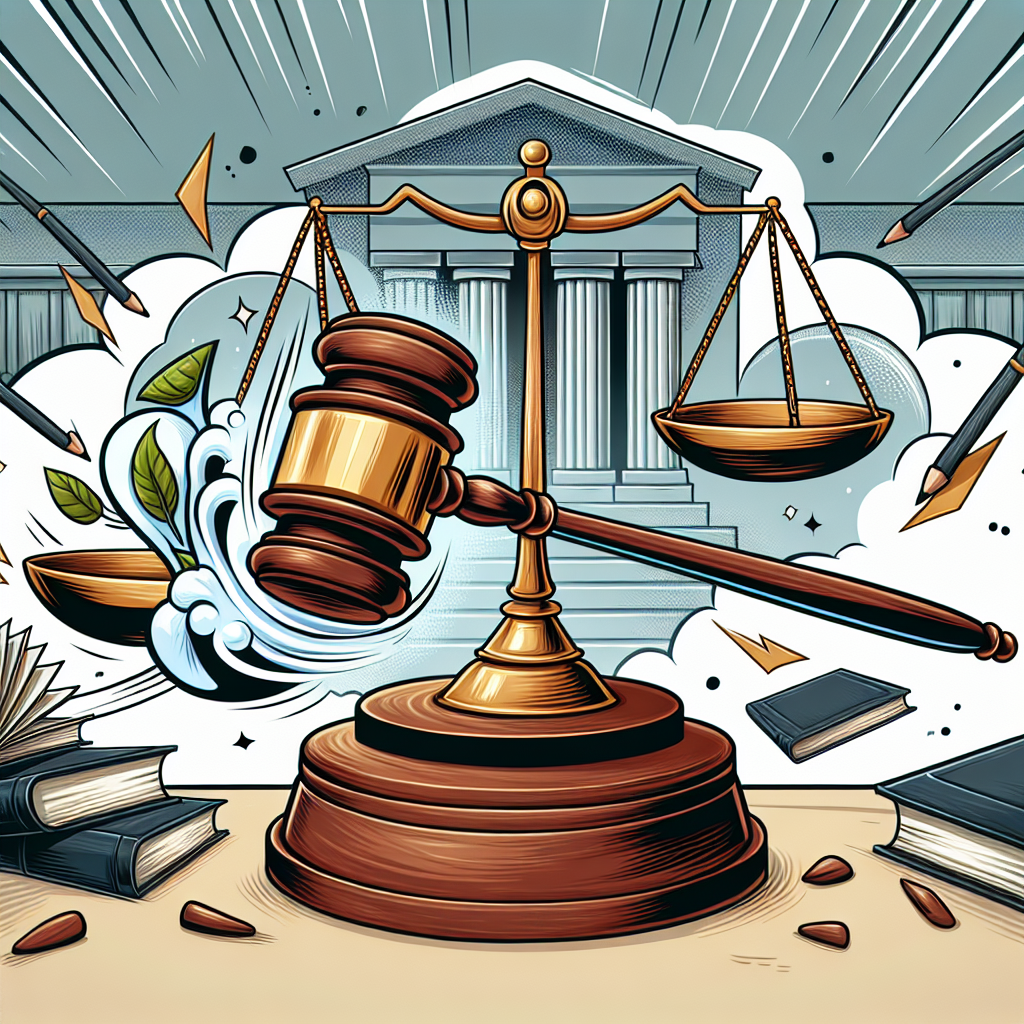Judicial Conduct Panel Formed to Probe Judge Ema Aitken’s Alleged Misconduct
The inquiry stems from an incident that allegedly took place at Auckland’s prestigious Northern Club on 22 November 2024.

- Country:
- New Zealand
A Judicial Conduct Panel has been formally established to investigate serious allegations concerning the conduct of Acting District Court Judge Ema Aitken, Acting Attorney-General Paul Goldsmith announced today. The inquiry stems from an incident that allegedly took place at Auckland’s prestigious Northern Club on 22 November 2024.
The decision follows a recommendation by the Judicial Conduct Commissioner, who determined that the allegations warranted further examination by an independent panel under the Judicial Conduct Commissioner and Judicial Conduct Panel Act 2004.
High-Level Panel Formed to Examine the Case
In line with statutory procedure and following consultation with Chief Justice Dame Helen Winkelmann, Goldsmith has appointed a panel consisting of three eminent figures:
-
The Honourable Brendan Brown KC, a former High Court judge and senior legal expert
-
The Honourable Justice Jillian Mallon, a sitting member of the High Court with extensive judicial experience
-
The Right Honourable Sir Jerry Mateparae, former Governor-General of New Zealand and retired Chief of the New Zealand Defence Force
In addition, Tim Stephens KC has been appointed as special counsel to assist the panel during its inquiry.
These appointments reflect the seriousness of the matter and ensure a robust, impartial examination of the allegations.
Purpose and Scope of the Inquiry
The Judicial Conduct Panel is tasked with conducting an independent investigation into Judge Aitken’s alleged conduct during the incident in question. While specific details of the alleged behavior have not been disclosed publicly, the panel’s mandate is to determine whether the judge’s actions were of such a nature that her removal from office should be considered.
The panel will prepare a comprehensive report based on evidence gathered during its inquiry. This report will include the panel’s opinion on whether the alleged conduct justifies consideration of removal from judicial office.
According to the Judicial Conduct Commissioner Act, removal of a judge is an extremely rare and serious matter, typically involving misconduct that brings the judiciary into disrepute or undermines public confidence in the justice system.
Government to Withhold Further Comment Pending Findings
Acting Attorney-General Paul Goldsmith has emphasized the importance of maintaining the integrity of the process, declining to make further public comment while the panel’s inquiry is underway.
“The Panel will conduct its inquiry independently. I will not be making any further comment until I have received and reviewed its findings,” Goldsmith stated.
This approach is consistent with judicial independence and the need to avoid prejudicing the panel’s work. It also underscores the high threshold required for judicial dismissal, reinforcing the principle that judges can only be removed following a transparent and impartial process.
About Judge Ema Aitken
Judge Ema Aitken has served as an acting District Court Judge and has previously been involved in high-profile family court and criminal proceedings. She is known for her advocacy around access to justice and has been recognized for community engagement in the legal sector. However, any conduct inconsistent with judicial responsibilities is treated with utmost seriousness, given the public trust invested in members of the judiciary.
What Happens Next?
The Judicial Conduct Panel has the power to summon witnesses, take sworn evidence, and examine any documents relevant to the case. Its findings, once submitted, will be reviewed by the Attorney-General, who will then determine whether to take further steps, including a recommendation for the judge’s removal to the Governor-General, as per constitutional protocols.
Until then, the legal and political communities—and the wider public—await the outcome of what may become a landmark case in New Zealand’s judicial oversight framework.










